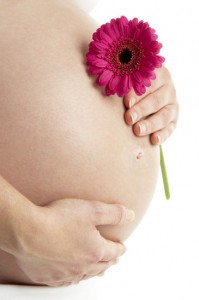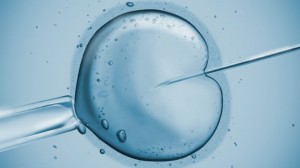 FAIRWAY, KS (KCTV) – It was Benjamin Franklin who famously said, “The only things certain in life are death and taxes.” Women can add a third certainty to that list: menopause. There is no way around this body change that marks an end to a woman’s fertility.
FAIRWAY, KS (KCTV) – It was Benjamin Franklin who famously said, “The only things certain in life are death and taxes.” Women can add a third certainty to that list: menopause. There is no way around this body change that marks an end to a woman’s fertility.
For women like Olathe resident Michele Zook, menopause means learning to deal with an array of unpleasant symptoms including hot flashes, night sweats, sleep disturbances and mood swings.
“It’s crappy. It’s disruptive. It’s unpredictable. It sucks,” Zook said. Zook’s menopause kicked in at the expected time, her early 50s.
She is being treated by obstetrician-gynecologist Dr. Danielle Staecker, a University of Kansas Hospital physician who’s been practicing medicine for two decades. In the last few years, Staecker says she’s noticed a shift in the women she sees for menopause.
“I’m definitely seeing more women having symptoms of menopause at an earlier age,” Staecker said.
Research conducted at Washington University in St. Louis is providing a possible first clue to those increased cases of early menopause.
Dr. Amber Cooper and a team of researchers studied the blood and urine samples of 5,708 women, looking at more than 100 different chemicals. They were able to make an association between women in early menopause and elevated levels of phthalates, man-made chemicals known to mimic estrogen. Read full article.




